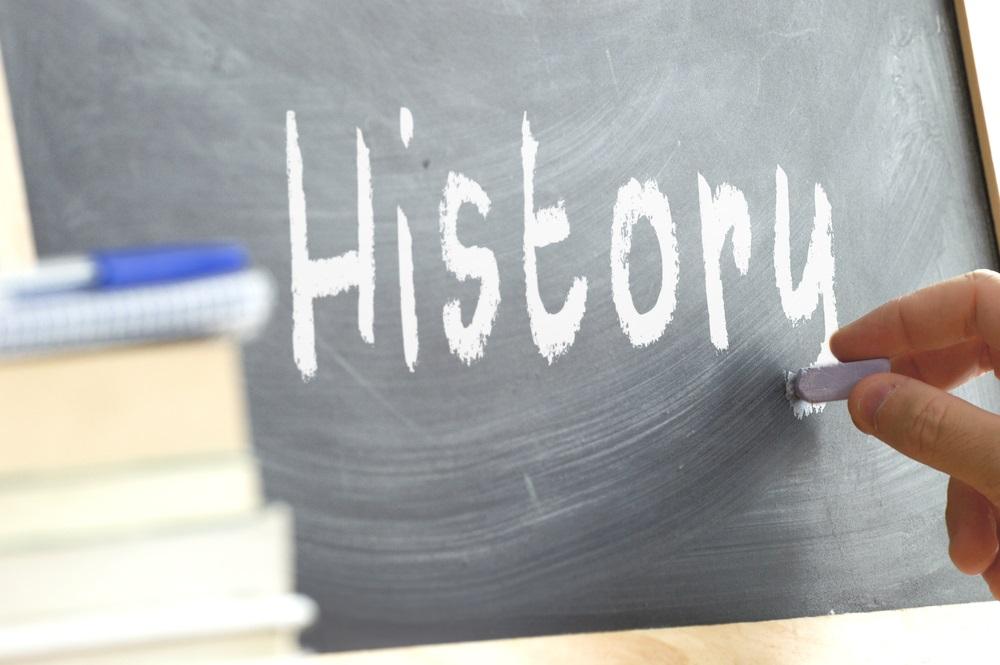For many years, history as taught in our public schools has served as a political and ideological punching bag, with most of the pugilists coming from the left side of the ring. Several years ago, for example, the Advanced Placement Test for U.S. History came under fire from some teachers and parents because it turned its focus away from politics and the men and women whose deeds and words made our country great, and instead delivered much more social history, focusing in particular on minorities, women’s rights, and the mistakes and wrongs committed in the course of our history.
Recently, Illinois state Rep. LaShawn K. Ford proposed that public schools lock away their history books permanently or at least until they can be replaced with those focusing more on minorities, women, the LGBT crew, and other groups. Ford contends that the current textbooks teach racism and white privilege, which is somewhat hard to imagine given the changes in publishing companies in the last 40 years.






